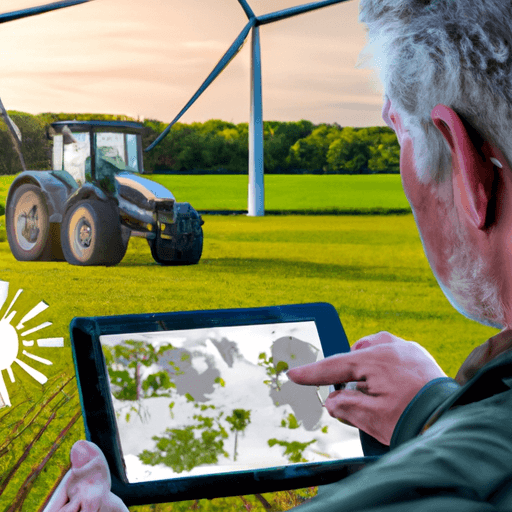Artificial Intelligence in Sustainable Agriculture: An In-Depth Analysis
The agricultural industry has seen continuous change and development over the years, with sustainable farming becoming an integral part of its evolution. Recently, the conception of integrating Artificial Intelligence (AI) into agriculture has garnered significant attention. This approach seems all set to revolutionize farming and its approach to sustainability in the long term. However, is it all as promising as it looks? This article aims to explore the potential benefits, challenges, and future prospects of AI integration in sustainable agriculture.
Potential Benefits of AI in Sustainable Agriculture
The introduction of AI into sustainable farming practices could pave the way for increased efficiency and industry growth. One of the most significant benefits is the potential for precision agriculture. Through AI algorithms, farmers can make proactive and accurate decisions, enhancing productivity and reducing waste. For instance, AI robots can monitor crops and soil conditions, predicting adverse weather patterns, and alerting farmers to potential risks.
Challenges in the Integration of AI in Sustainable Agriculture
Despite the enormous potential, integrating AI into agriculture is not without challenges. Technological limitations could play a significant role. Not all farming regions have access to reliable internet connections or even electricity, making the implementation of AI technologies more difficult. The cost implications of the necessary technology upgrades can be a barrier for many smaller farming operations.
Furthermore, societal impact is another hurdle that needs to be addressed. With the introduction of AI, traditional agricultural jobs could become automated, leading to concerns about job losses. Proper policies and reskilling programs will be necessary to address these societal impacts.
Key Innovations and Future Prospects
Several notable innovations are already revolutionising the industry. For instance, companies like Blue River Technology use machine learning algorithms in their “see and spray” robots that can identify and exterminate weeds, drastically reducing the need for harmful pesticides.
As for future prospects, we could see an even more significant integration of AI technology in farming, such as autonomous tractors, drone technology for crop monitoring, smart irrigation systems, and even AI-driven predictive analyses for crop diseases and pest infestations.
Conclusion
Can AI truly pave the way to a revolution in farming and sustainability? From all indications, it appears quite plausible. However, a balance needs to be struck – ensuring that the vast potentials of AI in agriculture are harnessed, while addressing the challenges and potential societal impacts. With the continuous advancement in technology, it’s possible for AI to play a key role in creating a more food-secure world.



















Comments
Leave a Comment